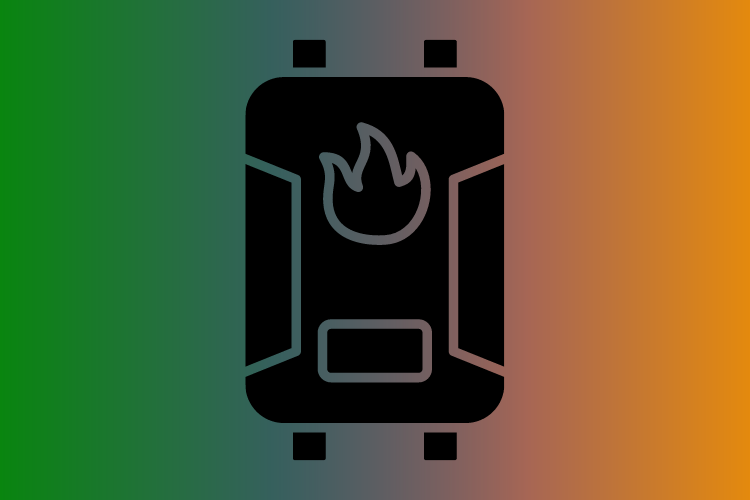Gas Boiler Efficiency
Even if you get a great deal on your new boiler, the purchase is going to set you back several hundreds of pounds. When we’re investing in a new boiler we want to make sure that the boiler is up to the job of keeping us warm, and is not going to send our fuel bills through the roof either. Few of us are boiler experts, and with so many different types and brands on the market the jargon can be baffling.
Isn’t there an A-G rating scale for boilers?
We’re used to seeing the rainbow coloured stickers and the energy scale from A (most efficient) to G (least efficient) when we are buying any large electrical appliance and this is a quick and easy way of letting us compare different fridges or cookers. The same sort of rating scale was also used for boilers until 2009, until it was phased out amid concerns that it was being confused with electrical efficiency when it is something completely different. The scale was then replaced with efficiency ratings expressed as a percentage.
Comparing boiler efficiency ratings
It would not be true to say that comparing percentages is as easy as looking at a simple rating scale, and this is the main drawback of the scheme. The law says that any boiler sold in the UK must have an efficiency rating of 88% or more. The boiler industry has recognised the need for a way to show efficiency more graphically and many companies still produce the graded charts with a green bar at the top and a red at the bottom, but with bands of percentages rather than letters. It’s all very confusing. From a consumer’s point of view though there are two key messages:
• The higher the percentage, the more efficient your boiler
• Get advice from a heating professional if you are confused
Different outputs
Just to add to the confusion, boilers are also with a range of different outputs. This is a measure of how much heat they can produce. In general terms, the bigger your house, the larger capacity of boiler you will need. There is some pretty complicated maths which goes into working out what size of boiler you’ll need, so again this is a decision which is often best left to whoever you have chosen to fit your boiler. Buying a bigger boiler than you need is pointless, and one which is not powerful enough will not supply you with enough heat or hot water.
Getting advice on the most efficient boiler
With so many different variables at play, it is always best to get a heating engineer to look at your house and recommend a boiler rather than try to buy one yourself and arrange for fitting later. Always get at least three quotes for having the work done to allow you to make an effective comparison, and remember also that anyone who does work with a gas fired boiler in your house has a legal requirement to be registered with Gas Safe.
